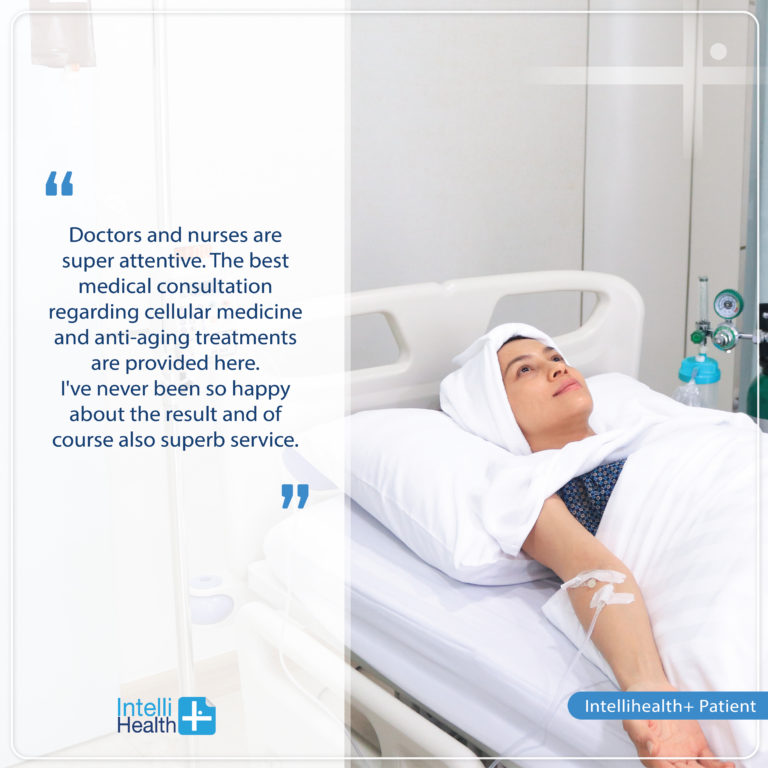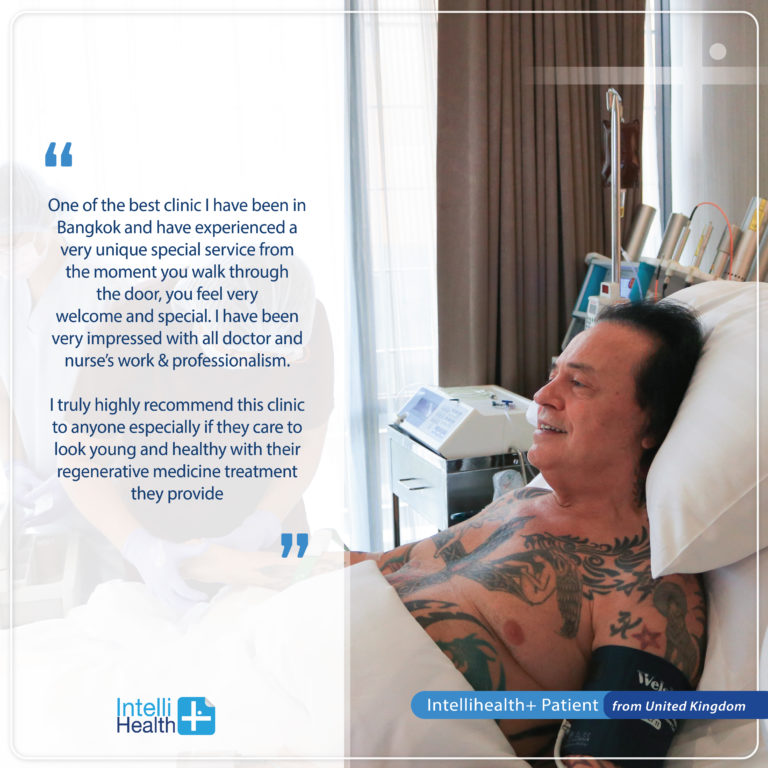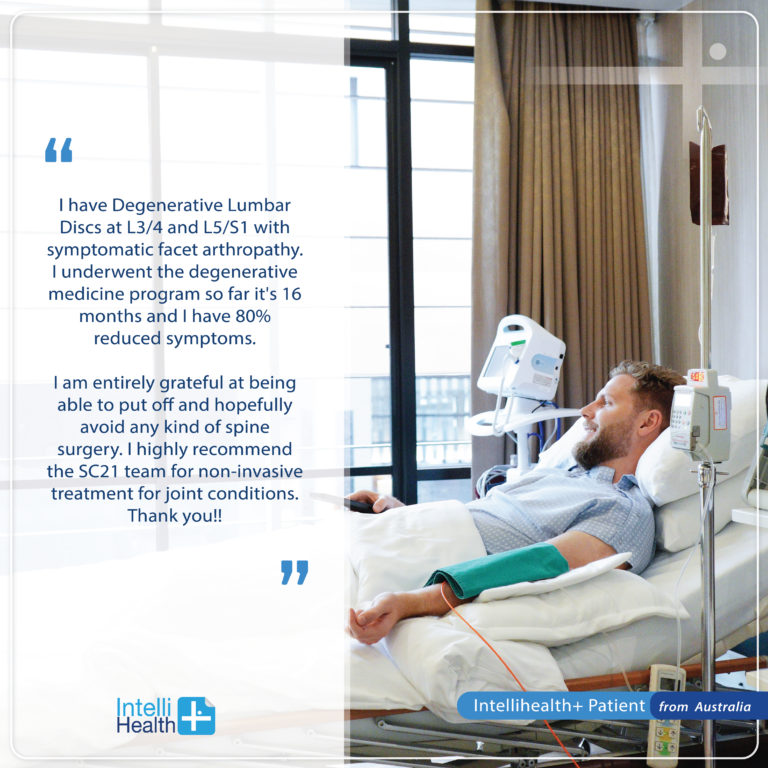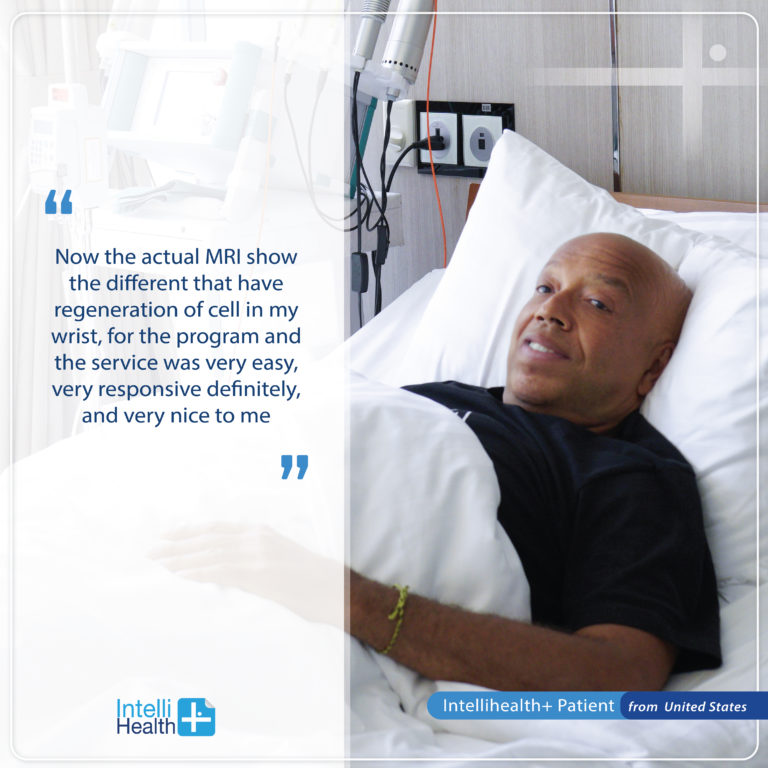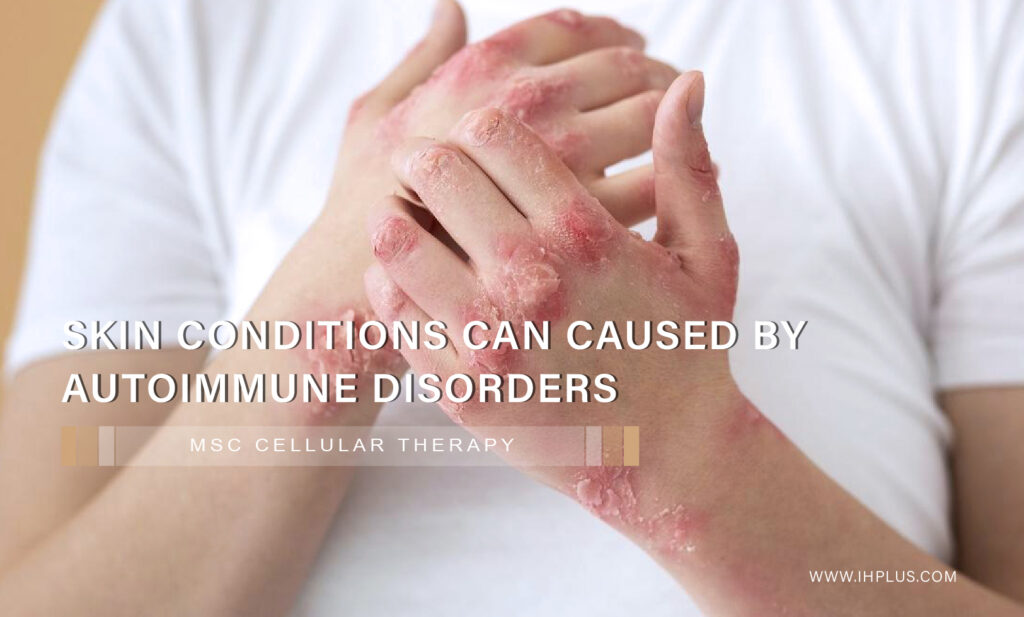
Skin Conditions can be caused by Autoimmune Disorders
Explore Skin Conditions can be caused by Autoimmune Disorders due to the immune system’s malfunction, leading to various skin-related manifestations.
Autoimmune-related skin conditions vary in severity, symptoms, and impact on an individual’s quality of life. Effective management often involves a multidisciplinary approach, including dermatologists, rheumatologists, and other specialists, to address both the skin manifestations and the underlying autoimmune disorder.
Here are some common skin conditions that can be caused by or associated with autoimmune disorders:
1. Psoriasis: Psoriasis is a chronic autoimmune condition characterized by the rapid growth of skin cells, resulting in red, raised, and scaly patches on the skin. It occurs due to an overactive immune system triggering inflammation, leading to the rapid turnover of skin cells.
2. Eczema (Atopic Dermatitis): While eczema’s precise cause is not fully understood, it’s considered a multifactorial condition involving genetics, immune dysfunction, and environmental triggers. Immune system irregularities contribute to the skin’s hypersensitivity and inflammation, resulting in itchy, dry, and inflamed patches.
3. Lupus Erythematosus: Systemic lupus erythematosus (SLE) is an autoimmune disease that can affect various organs, including the skin. It often presents with a facial rash resembling a butterfly shape across the cheeks and nose. Other skin manifestations in lupus include photosensitivity, discoid lupus (skin lesions), and mucosal ulcers.
4. Scleroderma: Scleroderma is a connective tissue disorder where the immune system attacks healthy tissues, leading to excessive collagen production. This can cause skin tightening, thickening, and hardening, particularly on the fingers, hands, face, and other areas.
5. Dermatomyositis: Dermatomyositis is an inflammatory myopathy characterized by muscle weakness and skin rash. The skin rash presents as violet or dusky red patches, mainly over the face, knuckles, elbows, knees, and upper chest.
6. Vitiligo: While the exact cause of vitiligo remains unclear, it is considered an autoimmune disorder where the immune system attacks melanocytes, leading to depigmentation or loss of skin color in patches.
7. Bullous Pemphigoid: This is an autoimmune skin disorder characterized by the development of large, fluid-filled blisters and lesions on the skin caused by an immune response targeting the skin’s basement membrane.
Here are some important things to know about skin conditions:
- Autoimmune Origin: Skin conditions linked to autoimmune disorders occur when the immune system mistakenly attacks healthy skin cells or tissues, resulting in various skin manifestations.
- Diverse Skin Manifestations: Autoimmune-related skin conditions can present in diverse ways, such as rashes, redness, itching, scaling, blistering, discoloration, thickening, or hardening of the skin.
- Common Autoimmune Skin Conditions: Conditions like psoriasis, eczema (atopic dermatitis), lupus erythematosus, scleroderma, dermatomyositis, vitiligo, and bullous pemphigoid are among the skin conditions associated with autoimmune dysfunction.
- Influence of Genetics and Environment: While genetics may predispose individuals to autoimmune disorders, environmental factors such as stress, infections, medications, and lifestyle choices can trigger or exacerbate these conditions.
- Chronic Nature: Many autoimmune-related skin conditions are chronic and characterized by periods of remission and flare-ups, impacting an individual’s quality of life.
- Impact Beyond Skin: Some autoimmune skin disorders may affect other organs or systems, causing systemic symptoms and complications beyond the skin.
- Diagnosis and Management: Diagnosis often involves a combination of medical history review, physical examination, skin biopsies, and laboratory tests to confirm the underlying autoimmune condition. Management may include medications to modulate the immune system, topical treatments, phototherapy, systemic therapies, lifestyle modifications, and symptom management.
- Multidisciplinary Approach: Treating autoimmune-related skin conditions often requires a multidisciplinary approach involving dermatologists, rheumatologists, immunologists, and other specialists. Collaborative care ensures comprehensive management tailored to the individual’s needs.
- Quality of Life Considerations: Autoimmune skin conditions can significantly impact a person’s emotional well-being and daily life. Managing these conditions involves addressing not only physical symptoms but also the psychosocial aspects to improve overall quality of life.
- Ongoing Research and Treatment Advances: Ongoing research aims to better understand the underlying mechanisms of autoimmune-related skin conditions, leading to the development of more targeted and effective treatments.
It’s essential for individuals experiencing symptoms of autoimmune-related skin conditions to seek medical evaluation and consult with a doctor for accurate diagnosis, appropriate management, and personalized treatment plans tailored to their specific condition. Early intervention and proper care can help alleviate symptoms and improve the overall management of these conditions.
Schedule your FREE consultation with our experience medical team today! for your journey to healthier and longevity..
YOU MAY BE INTERESTED..
Our treatment treated at IntelliHealthPlus Clinic By StemCells21
Book a FREE Consultation Now
IH+ Contact Form
Contact our international team of medical professionals with language services available in English, Thai, Arabic, Chinese, Spanish, and Russian.
Please indicate your preferred language and we will do our best to accommodate your request.

